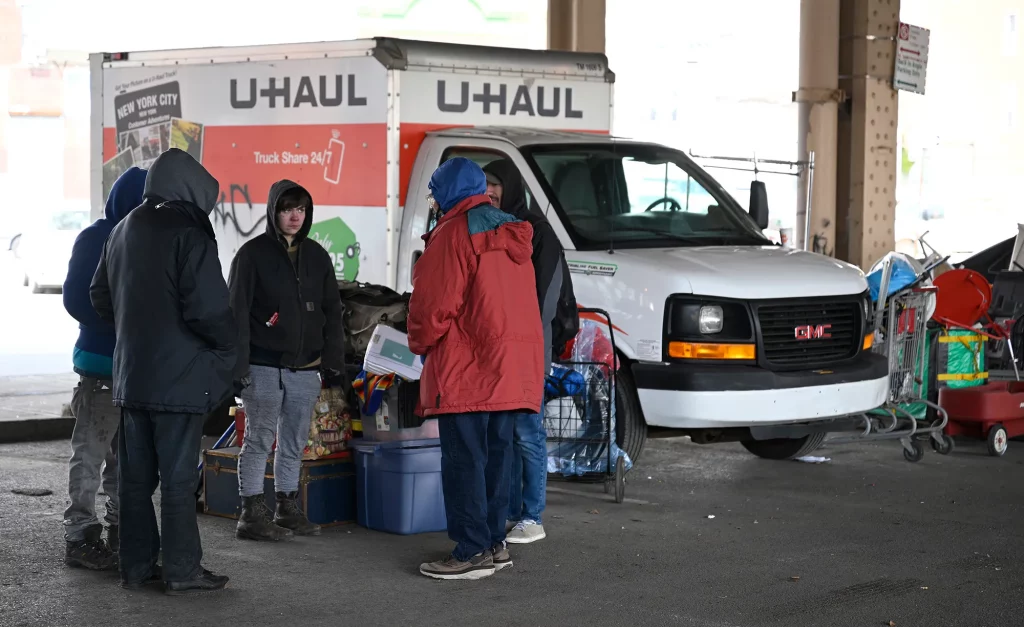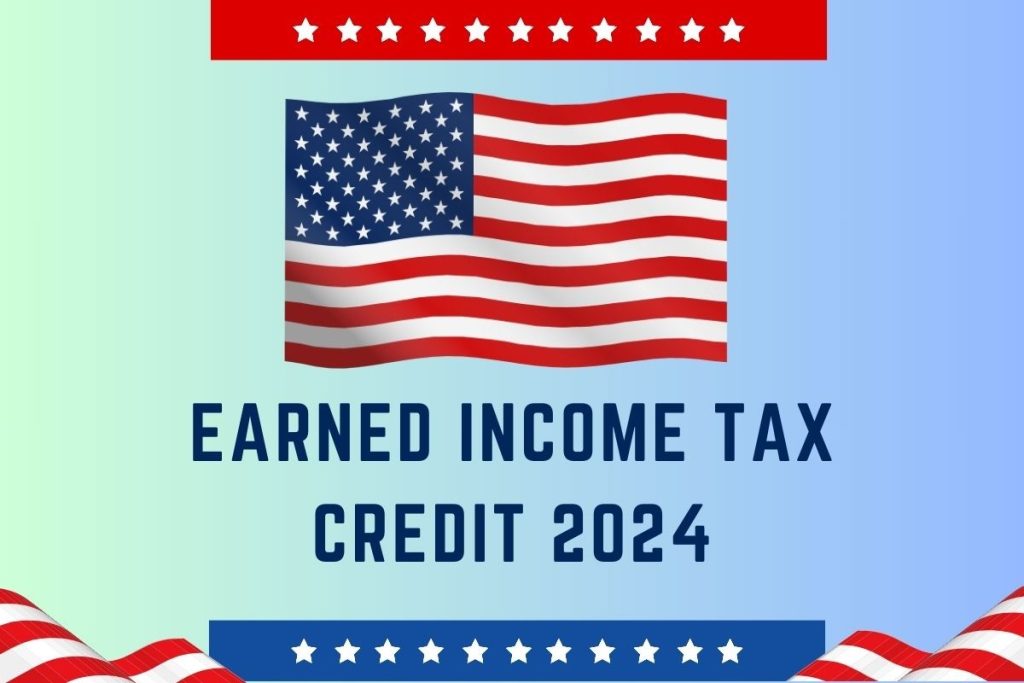Public Housing Program in the U.S.: Updates and Challenges
The Public Housing Program in the United States remains a critical resource for millions of low-income individuals and families seeking affordable housing. However, challenges such as funding constraints, rising demand, and the need for modernization continue to dominate discussions among policymakers and advocates.
New York City’s $650 Million Homelessness Initiative
New York City Mayor Eric Adams has unveiled a bold $650 million plan to address homelessness and mental health challenges over the next five years. The initiative includes building a state-of-the-art housing and treatment facility, adding “Safe Haven” beds for unsheltered individuals, and increasing housing options for homeless youth.
The plan also aims to expand permanent supportive housing programs to help people transition out of shelters. Mayor Adams emphasized the importance of collaboration with the state government to pass supportive legislation and accelerate housing development.
Record Funding for Housing Vouchers and Public Housing Authorities
The U.S. Department of Housing and Urban Development (HUD) announced a historic $30 billion allocation for the Housing Choice Voucher Program (Section 8) in 2024. This funding includes $3.3 billion earmarked for New York State to assist low-income families and individuals in accessing affordable housing.
Additionally, HUD has committed to modernizing public housing units across the country, prioritizing aging infrastructure that has left many tenants living in substandard conditions.
Rising Demand for Public Housing
Public housing authorities nationwide report soaring demand for affordable housing, with waiting lists in many cities stretching years long. Cities like Los Angeles, Chicago, and Miami are seeing increased applications as rent prices outpace income growth.
Advocates argue that current federal funding is insufficient to meet the growing need. They are calling on Congress to allocate additional resources for new developments and repairs to existing housing stock.
Public-Private Partnerships to Address Shortages
To address the affordable housing crisis, several cities are exploring public-private partnerships. These collaborations aim to leverage private investments to build affordable housing units while using public funds to subsidize rents. In Denver, Colorado, a new initiative has secured funding for 2,000 affordable units over the next three years, focusing on sustainable and energy-efficient designs.
Challenges Ahead
Despite these efforts, significant challenges remain. Aging public housing units, limited budgets, and bureaucratic hurdles often slow progress. Additionally, proposed federal budget cuts to housing programs have raised concerns among advocates, who warn that reducing funding could exacerbate homelessness and housing insecurity.



